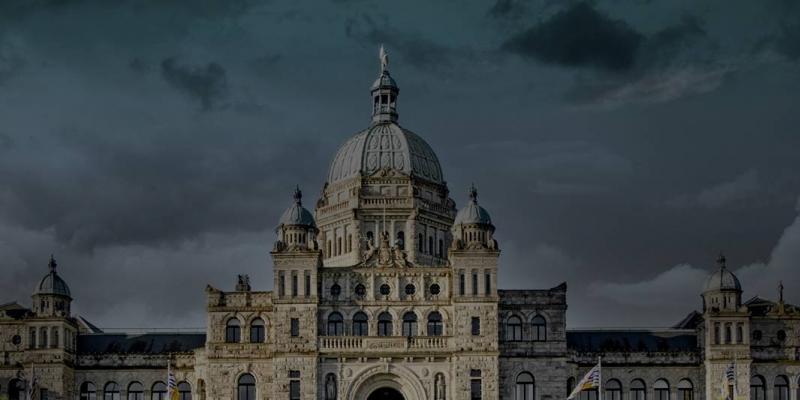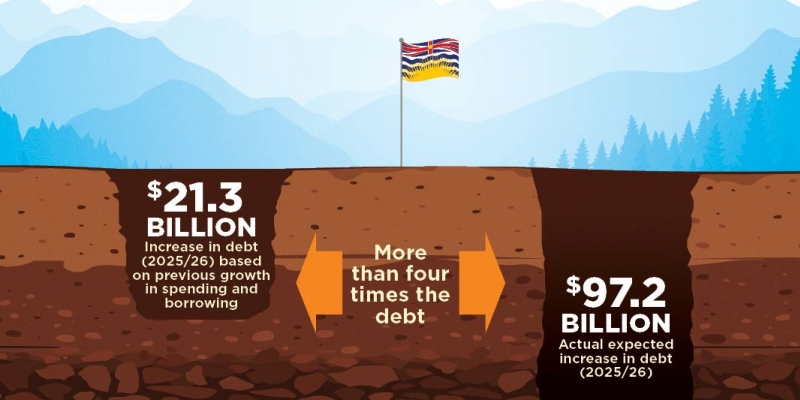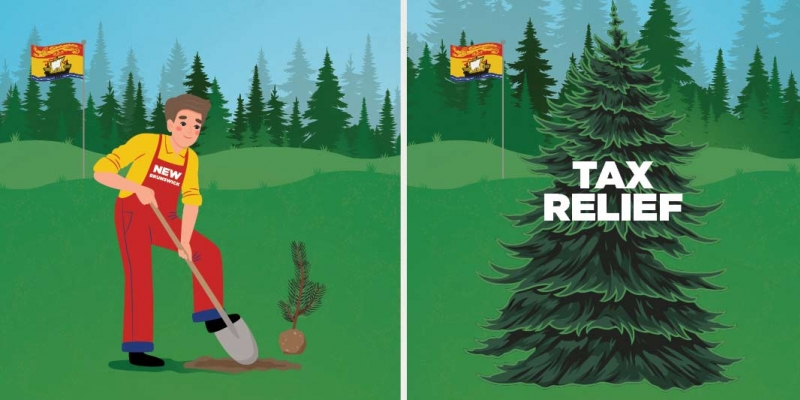Government Spending Research Experts
-
Executive Vice President, Fraser Institute
-
Senior Fellow, Fraser Institute
-
Senior Fellow, Fraser Institute
-
Professor of Economics, Lakehead University
-
Senior Fellow, Fraser Institute
-
Senior Economist, Fraser Institute
-
Senior Fellow, Fraser Institute
-
Director, Fiscal Studies, Fraser Institute
-
Assistant Professor of Economics, George Mason University
-
Associate Director, Alberta Policy, Fraser Institute
-
Senior Fellow, Fraser Institute
-
Senior Fellow in the Centre for Economic Freedom, Fraser Institute
-
Senior Fellow, Fraser Institute
-
Director, Addington Centre for Measurement, Fraser Institute
-
Senior Fellow, Fraser Institute
-
Senior Fellow, Fraser Institute
-
President, Fraser Institute
-
Fraser Institute Founder and Honorary Director
-
Senior Fellow, Fraser Institute
-
Associate Director, Atlantic Canada Prosperity, Fraser Institute

























